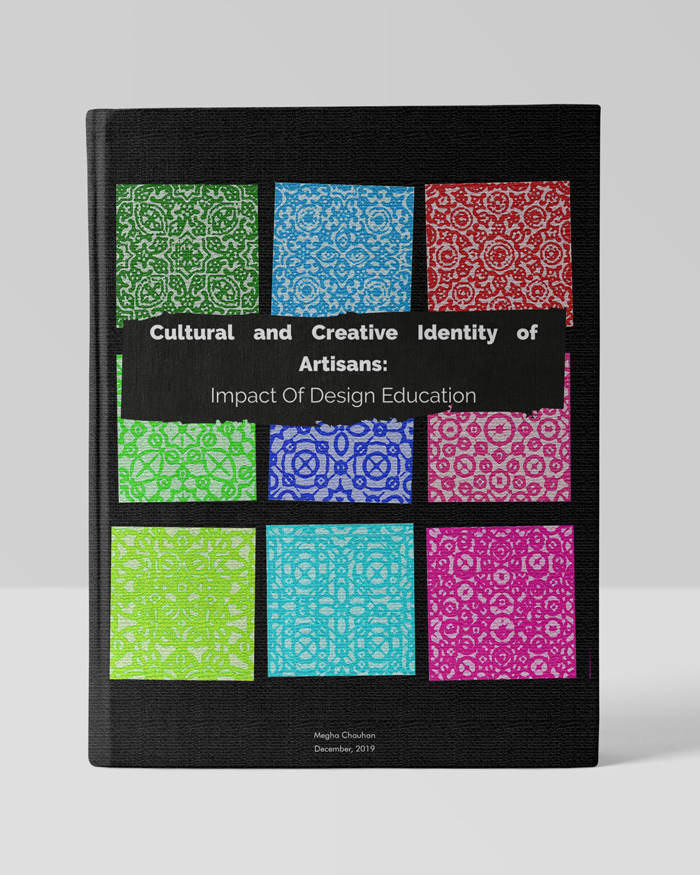
Purpose: Mainstream craft narratives focus largely on innovation and reformation through new technology and modernisation of traditional practice, which shifts the ownership of craft knowledge from practitioners to designers, creating hierarchy in the system. The research seeks to explore how craftsmanship and the position of artisans engaging in community-based craft activities can be re-contextualized and valued in the present system. This is achieved through an investigation of the interaction of artisans, belonging to a traditional knowledge transfer system with formal design education and its impact on their cultural and creative identities.
Methodology: The research takes an interpretivist paradigm, through an ethno-case study of Somaiya Kala Vidya, a design school for artisans.
Methods: Secondary data analysis of crafts practised by the students in the institute. Semi-structured interviews of alumni and current students along with participant observation of both groups of artisans: trained in design school and trained in the community.
Findings: The research concluded that the new developments in design education can have a positive impact on an Artisans confidence in seeing themselves as unique powerful creatives in the industry.
